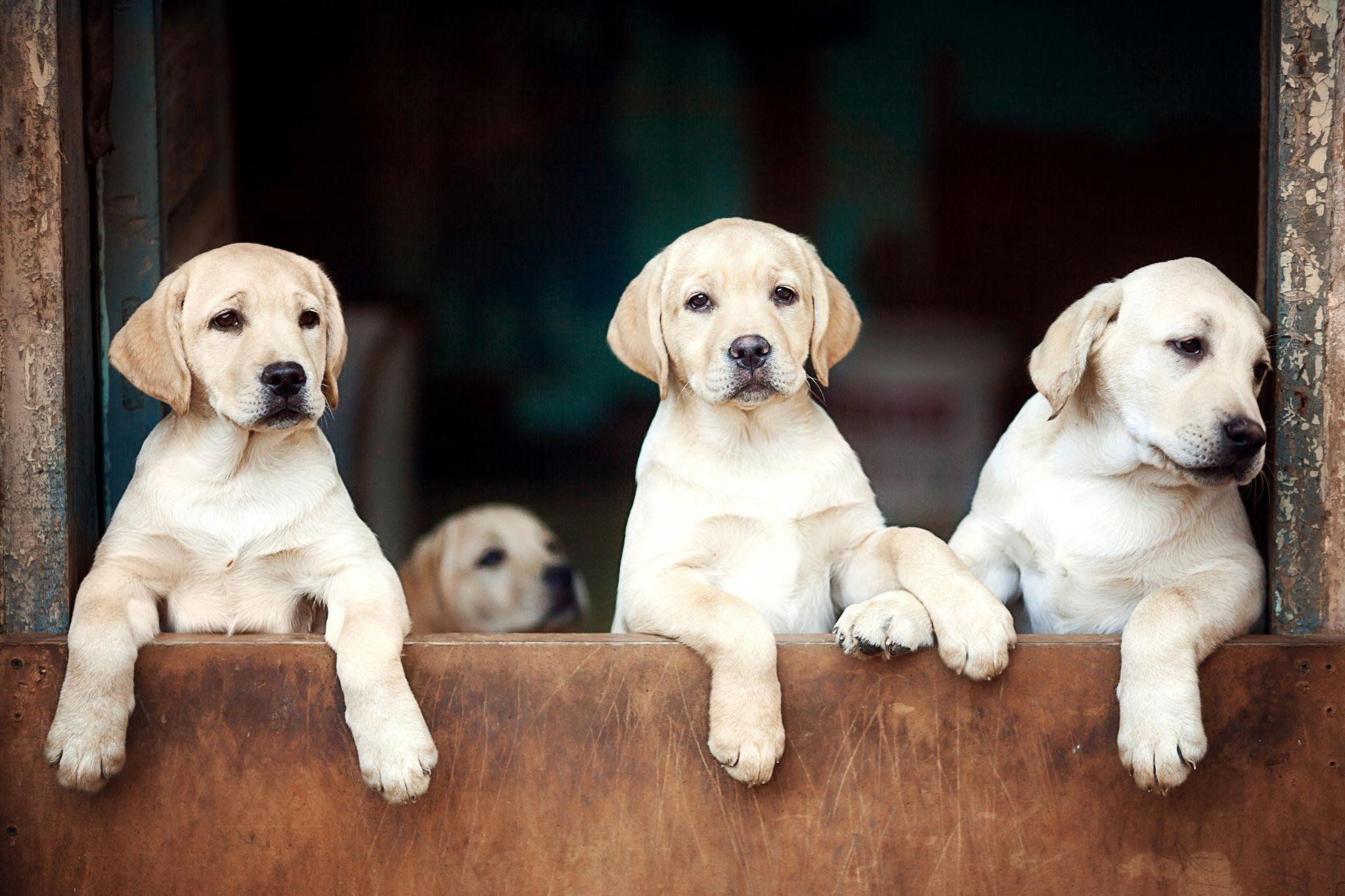A Labrador Retriever puppy’s entrance will make any family laugh uncontrollably and joyfully. One of the most well-liked dog breeds for good reason is the Labrador, who is renowned for being kind and amiable. A Lab puppy will smother you in kisses and wow you with their playful antics as soon as you pick them up. But it’s crucial to realize that socialization is essential to your fluffy puppy developing into a well-rounded friend. Among the most beloved canine companions, Labrador Retrievers stand out as affectionate, loyal, and versatile pets. If you’re considering adding a furry friend to your family, the availability of Labrador Retriever puppies for sale in Chennai might just be the perfect opportunity.
Socialization is Essential for Labs
Between the ages of three and sixteen weeks, socialization is the deliberate introduction of young pups to a range of good experiences, people, sights, noises, and situations. Puppies learn how to connect with the outside world in a healthy, confident way at this critical growth stage. It takes more work to socialize naturally eager-to-please breeds like Labs, but the benefits of having a polite, friendly adult dog are enormous.
Early socialization has been shown to make puppies calmer, more well-mannered, and more responsive to instruction as they grow older. They also become less afraid of unfamiliar individuals and circumstances. Puppies who have fewer or no interactions during these critical weeks are more likely to have anxiety and reactivity later in life. You’re putting your Lab puppy in the best possible position for success when you take the initiative to gradually and carefully introduce them to new situations.
Enhance Your Puppy’s World With Fun Discovery
Positive socialization is the best type of socialization. This entails introducing your Lab puppy to a variety of objects, sounds, surfaces, people, and situations in an enjoyable and low-stress manner while rewarding calm behavior. You can achieve this by engaging in things like.
- taking the puppy to a nearby pet supply store so they may watch things happen from a distance. Reward thoughtful observation.
- setting up playdates at your home with amiable, vaccinated dog companions. Keep an eye on every exchange.
- having guests drop by your house to discreetly meet and greet your dog. Visits should be brief and positive.
- Taking your puppy to training sessions will allow them to practice in exciting settings.
- taking quick drives to calm new locations to explore fresh scents. Taking out the loving toys for the play.
- Hand-feeding people in crowded public areas could help them get used to being interrupted.
Stay positive at all times and watch out for symptoms of overstimulating a puppy, such as panting or restlessness. Positively conclude sessions before your pet hits its limits. Happier associations rather than fear or undesired behaviors are the aim.
Play makes the puppy mentally and physically stable
Play is the best way to build a Lab’s confidence and teach them appropriate social behavior. Use a variety of play strategies, such as tug of war, retrieve, mild wrestling, and interactive food toys, to keep play sessions engaging. Since puppies have short attention spans, play games softly. Instead, watch your dog’s lead to see when they seem genuinely interested rather than just exhausted.
Allow plenty of time for your dog to entertain themselves. Well-socialized Labs can keep themselves entertained for long periods without forming undesirable behaviors. Turn around the toys you have to keep your mind occupied when you’re by yourself at home. Playgroups every day provide opportunities to practise socializing with people and other puppies. Their general development into harmonic couples is aided by these enjoyable sessions.
The Benefits of Tailored Training
After socialization, enrolling your puppy in a kindergarten program is a great next step. Positive introduction classes offer a safe environment for interactions under supervision. Puppies learn basic listening techniques, toilet training, self-control when they bite, and courteous dog play. Trainers can also guide correct chewing techniques and help with problem-solving.
Conclusion
Personalized training improves a lab’s capacity for concentration and teaches them what actions will be demanded of them in new and future circumstances. Sessions should be brief, focused, and dynamic, lasting no more than five to ten minutes, to sustain a puppy’s attention span. Use only incentive-based training methods to avoid regretting previous mistakes. At an early age, labs regularly pick up commands like “remain,” “lower,” and “stay” and form close relationships with humans who are related to them.
With patience and proactive socialization work, Labs grow into well-socialized companions who adapt happily to new people and situations. Making exposure time an interactive, positive experience helps ensure these sweet souls stay balanced and confident. Enjoy watching your loving pup develop into a wonderful family member! This mesmerizing puppy makes the living filled with tranquillity


